Contact
An exchange of ideas, resources, and solutions between business leaders and senior executives provide ARPM members with a distinct advantage in the rubber industry marketplace.
ARPM Rubber Manufacturing Forum >
Rubber manufacturing executives looking to make better decisions faster use the results of ARPM’s benchmarking studies to determine where their organization stacks up to the rest of the industry. Understanding performance gaps can lead to better more focused decisions ultimately impacting the bottom line.
Benchmarking Reports >
With hundreds of rubber businesses, ARPM is able to use economies of scale and enhanced leverage to obtain better pricing and opportunities for its Members. These discount and price advantage programs positively impacts the bottom lines of each ARPM member.
Company Savings Program >
Well trained employees give rubber manufacturing companies a competitive edge. ARPM has partnered with 180 Skills for a comprehensive training program exclusive for members. Find out more here. In addition, ARPM in partnership with Custom Rubber Corp. has enhanced the previous training CDs provide by RMA to an online format for members. Members are able to access any training video 24/7. In addition, to ensure its members stay up-to-date on technology changes, ARPM offers on-going technology presentations via the use of state-of-the-art web technology conferences. Executives and processing associates no longer have to leave the plant to gain access to the best rubber industry minds in the business. Learn more about training here.
ARPM acts as a clearinghouse for Rubber Manufacturers End Users, OEMs, and Rubber Component Users. Research & Development Engineers, Designers, and Purchasing professionals often use ARPM to find the right processor to make their elastomer products. Companies who are in need of finding rubber manufacturers will use ARPM’s well-seeded network to find the capabilities they need for tooling, low and high production jobs, prototyping and more. Find a member here>
Companies who are in need of finding rubber manufacturers will use ARPM’s well-seeded network to find the capabilities they need for tooling, low and high production jobs, prototyping and more. Find a member here>
ARPM provides industry technical standards free to members. The standards are in the following categories: Conveyor Belts, Hose, Power Transmission Belts, Sealing Products, Protective Lining, Compounded Rubber and Raw Materials. Access these standards here>
ARPM works to ensure that the interests of United States Hose and Belt manufacturers are kept as a priority on the world’s stage and holds positions on Technical Committees of the International Organization for Standardization (ISO) through its membership in the American National Standards Institute (ANSI). Through these efforts, ARPM’s leadership team works to enhance the global competitiveness of U.S. businesses in these manufacturing sectors and staffs two technical experts responsible for overseeing the developments and modifications of global hose and belt standards.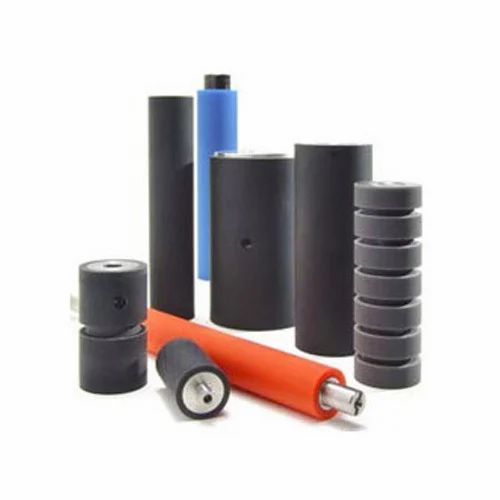
Standing committees of ARPM members meet regularly in the sectors of Hose, Conveyor Belts and Power Transmission Belts to provide feedback and governance on suggested changes to international standards.
New economic data reveals that the U.S. tire industry is responsible for 700,000+ U.S. jobs
WASHINGTON, D.C., May 23, 2017 – The Rubber Manufacturers Association, the national trade association for tire manufacturers that produce tires in the U.S., announced today a relaunch under the new banner of the U.S. Tire Manufacturers Association (USTMA). In addition to the new banner, USTMA unveiled its newly designed and rebranded website, www.USTires.org, and released new economic impact figures detailing the industry’s impact on job creation and the U.S. economy overall.
In addition to the new banner, USTMA unveiled its newly designed and rebranded website, www.USTires.org, and released new economic impact figures detailing the industry’s impact on job creation and the U.S. economy overall.
As the USTMA, the U.S. tire manufacturing industry will continue its significant contribution to the U.S. economy, job creation and engineering safe, sustainable tires.
“Our mobile society depends on tires – from the safety of our families on the road to the tire industry’s significant contribution to our nation’s economy. As part of our continued commitment to share the important role the tire industry plays in our country, we are excited to announce our relaunch as the U.S. Tire Manufacturers Association,” said Anne Forristall Luke, USTMA president and CEO. “Our member companies are constantly in pursuit of making safer and more sustainable tires through technology and innovation. We believe it is important to carry a name that truly captures this mission. ”
”
In addition to tire safety and sustainability, the U.S. tire manufacturing industry also bolsters the U.S. economy with well-paying jobs and economic output that ripples across the economy and helps sustain communities.
Highlights from the recently completed economic impact study of the U.S. Tire Industry include:
With many scientists and engineers at work developing tomorrow’s tires, USTMA’s members unlock the value of a mobile society by producing advanced, high-quality tires that make driving easier, safer, smarter and more sustainable.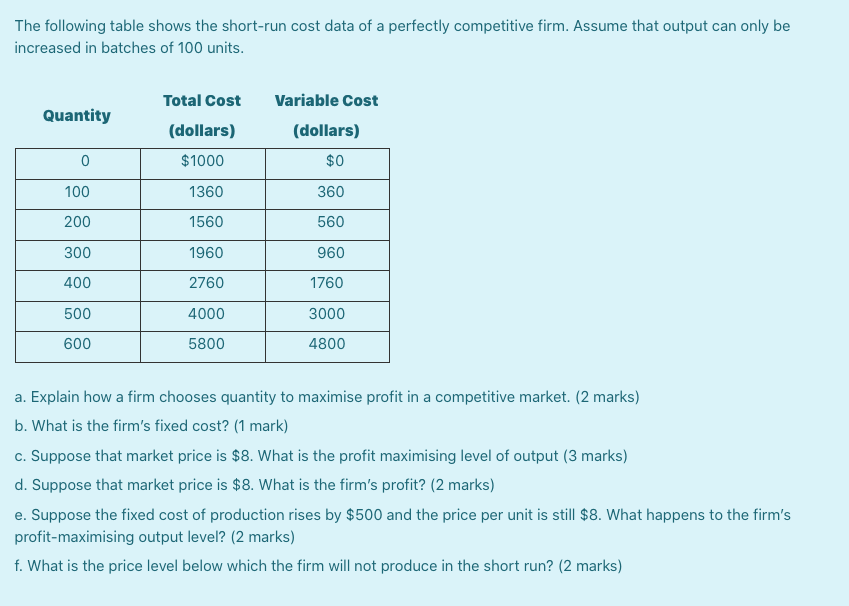 USTMA, as the voice of the tire manufacturing industry and its members, works to drive a safer, more sustainable future.
USTMA, as the voice of the tire manufacturing industry and its members, works to drive a safer, more sustainable future.
###
About U.S. Tire Manufacturers Association: The U.S. Tire Manufacturers Association is the national trade association for tire manufacturers that produce tires in the U.S. For more information visit www.USTires.org and follow us on Twitter @USTireAssoc.
The automotive industry has been hit hard by the COVID pandemic -19. The Ministry of Industry and Trade of the Russian Federation predicts a decrease in domestic production of cars in 2020 by 30%, which will affect related industries. Leading experts told specialists about prospects and realities of the synthetic rubber market CREON Group .
Maria Dymenko
and semi-trailers) in the territory of the Russian Federation decreased by 42% compared to May 2019. The decline in the automotive industry, as expected, led to a decrease in production in the tire industry, which is inextricably linked with the automotive industry.
According to Rosstat, in the first eight months of 2020, 33.4 million units were produced in Russia. tyres, tyres, and rubber tubes (-14.2% yoy). However, the reduction in production did not come as shock news for Russian tire manufacturers: a decline in production in the industry began last year with the outbreak of a trade war between the United States and China, which was forced to switch to new markets for its products. If in 2018 Russia produced 67.5 million units. products, already in 2019 the output decreased by 10% to 60.5 million units.
At the same time, the share of imports, according to the Federal Customs Service, on the contrary, increased by 7. 5% to 34.4 million units. or $2 billion in monetary terms (excluding tire products imported to the Russian Federation with new cars, trailers, bicycles and any other wheeled mechanisms, which also include spare tires).
5% to 34.4 million units. or $2 billion in monetary terms (excluding tire products imported to the Russian Federation with new cars, trailers, bicycles and any other wheeled mechanisms, which also include spare tires).
In 2020, declining demand coincided with the pandemic, and Russian tire manufacturers actually missed the most active sales season - spring, when winter tires are replaced with summer ones. “Now it is difficult to make any forecasts, but, according to our preliminary estimates, the fall in the tire market by the end of the year may be at least 24%,” says Nadezhda Churmeeva, executive director of the Tire Manufacturers Association.
Anatoly Antipov, CEO of Continental Kaluga, is also cautious in his forecasts: “Few people in the automotive industry expect significant growth in the industry before 2025. According to analysts, sales of passenger cars in the country will decrease by 15-20% this year, against the background of such forecasts, growth in consumption of passenger tires is not expected in the near future.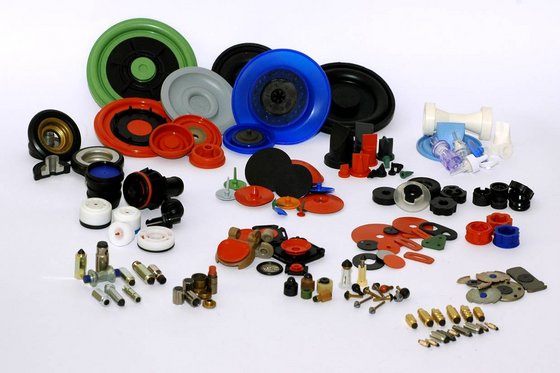
Nevertheless, Continental remains optimistic. “We managed to increase the export of tires to non-CIS countries in 9months of 2020 more than doubled compared to the same period last year,” Antipov said. Tire exports accounted for more than half of the company's revenue.
Following the decline in demand for tire products, related industries began to experience difficulties. Thus, manufacturers of synthetic rubber, for which tire companies are the main consumers, were forced to reduce loading and shift the timing of annual overhauls to earlier ones in order to reduce supply to the market as much as possible during a period of low demand.
Nizhnekamskneftekhim, the leading supplier of synthetic rubbers (SR) on the Russian market, characterizes the situation in the real sector of the world economy as “extremely uncertain”: from March to May, such giants as Continental, Goodyear, Bridgestone, Pirelli, Cooper Tire, Hankook, Nokian Tires and more than 110 other tire factories around the world, and the disruption of supply chains led to overstocking of warehouses. “The demand for synthetic rubber has been hit hard. According to our estimates, only taking into account the announced shutdowns of tire factories, the global supply of tire products will decrease this year by 45-50 million units. This will lead to a reduction in global demand for synthetic rubber in 2020 by at least 2% (or about 300-400 thousand tons),” the NKNK report says.
“The demand for synthetic rubber has been hit hard. According to our estimates, only taking into account the announced shutdowns of tire factories, the global supply of tire products will decrease this year by 45-50 million units. This will lead to a reduction in global demand for synthetic rubber in 2020 by at least 2% (or about 300-400 thousand tons),” the NKNK report says.
According to Rosstat, the production of synthetic rubber in Russia decreased by 9.1% compared to July in August and amounted to 118 thousand tons, and compared to August 2019, the volume of the decrease was 4.9%. In just eight months of this year, 901.9 thousand tons of rubber were produced (-1.2% y/y).
“If we talk about SC from the point of view of tire application, then the car segment is sagging, and in parallel there is savings on tires. Gradually, the market will recover, but in order to reach the level of 2019 againyear, it will take at least two to three years. This situation concerns not only Russia, but the whole world,” comments a representative of the largest petrochemical company in the Russian Federation.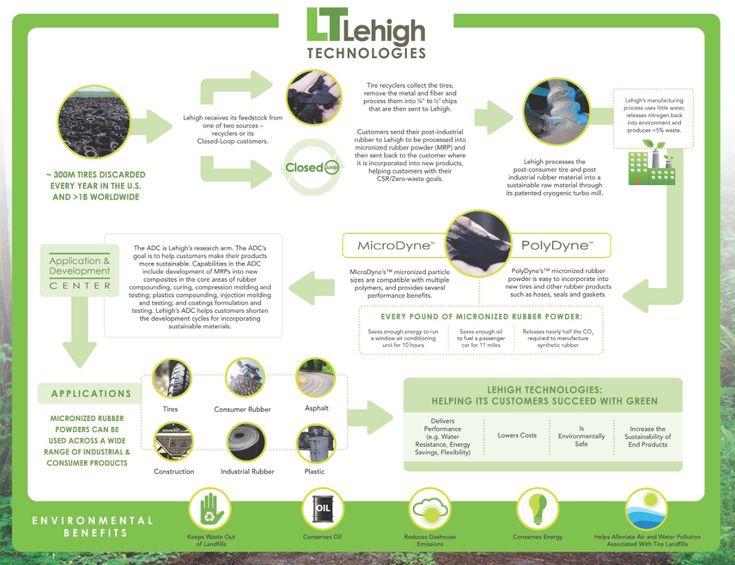 - As for rubber products, manufacturing and construction, the situation is better in these segments, since subsidence is conditionally short-term. During 2021, the situation in these industries should return to pre-crisis levels.”
- As for rubber products, manufacturing and construction, the situation is better in these segments, since subsidence is conditionally short-term. During 2021, the situation in these industries should return to pre-crisis levels.”
Nevertheless, synthetic rubber producers are not discouraged: “The rubber business has cycles: cycles from four to seven years, boom and bust. Now the cycle has broken a little, but in general, the forecast data for 2020 is quite good, ”said one of the manufacturers.
At the same time, Russian companies do not abandon their plans to launch new production facilities. For example, NKNKH continues to implement the previously announced project for divinyl-styrene synthetic rubber (DSSR). Commissioning should take place before the end of this year. In the long term (until 2030), the company is going to organize the production of ethylene-propylene synthetic rubber. At the beginning of the year, Voronezhsintezkauchuk launched a new brand of high-viscosity polybutadiene rubber (SKD-ND VV).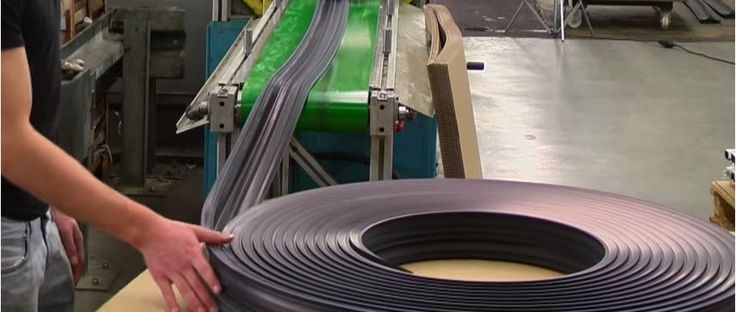 Ufaorgsintez also launched the production of six new grades of SKEPT.
Ufaorgsintez also launched the production of six new grades of SKEPT.
At the beginning of June, Deputy Prime Minister of Russia Yury Borisov suggested purchasing their products from Rosrezerv as a measure of state support for SK producers. The federal agency could be used as a dampening mechanism, he said, buying synthetic rubber from manufacturers to make tires that are now in low demand. At the same time, after two years, companies will buy back their products for 5-6% more.
“Our petrochemists supply about 80% of synthetic rubber to Western tire manufacturers. And there today demand has fallen, raw materials are strategic, and we have them in the nomenclature of the Federal Reserve Agency, ”Yuri Borisov reported to the President of Russia about the problems of producers in the absence of demand. The Ministry of Energy of Russia supported the idea and promised to work out the mechanism.
An additional factor to consider for tire and tire manufacturers is the carbon levy that the EU plans to impose on all products imported into the EU in 2021-2022. “Inclusion in the European CO2 trading system will undoubtedly affect producers, especially exporters. On the one hand, this will be an additional financial burden, on the other hand, it will be an incentive for the development of lean production,” Antipov believes. According to him, the Kaluga manufacturer is already taking into account the potential costs of carbon fees in the future.
“Inclusion in the European CO2 trading system will undoubtedly affect producers, especially exporters. On the one hand, this will be an additional financial burden, on the other hand, it will be an incentive for the development of lean production,” Antipov believes. According to him, the Kaluga manufacturer is already taking into account the potential costs of carbon fees in the future.
“The measures planned by the European Union are a very serious factor that Russian tire and rubber manufacturers must take into account along the entire production chain, since this tax will apply not only to the final product, but also to all intermediate stages of its creation,” warns Florian Willershausen, development director of Creon Capital. “Otherwise, Russian exporters could lose their EU market share and be replaced by more environmentally friendly and sustainable competitors.”
Download PDF
In April, Nizhnekamskneftekhim plans to launch the production of divinyl-styrene synthetic rubber and by the end of the year bring the volumes to full capacity utilization — 60 thousand tons per year.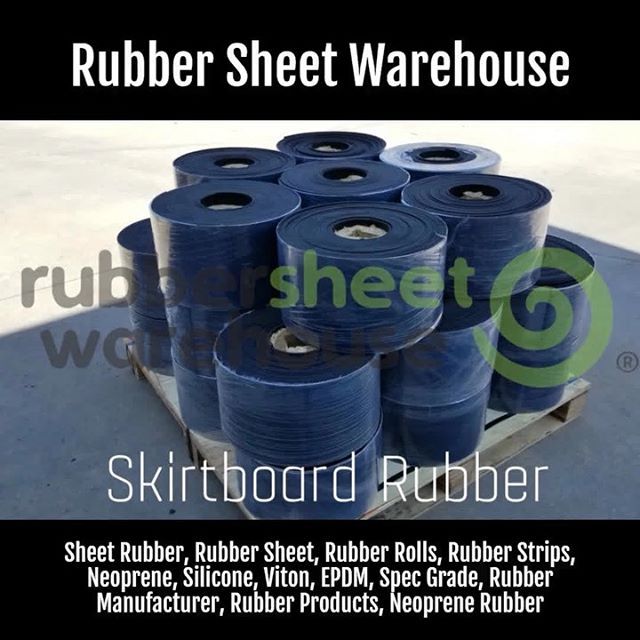 In January, the company has already received the first briquette of the new product. General Director of TAIF JSC, Chairman of the Board of Directors of Nizhnekamskneftekhim PJSC Ruslan Shigabutdinov called the enterprise a "rubber supermarket" capable of offering the full range of necessary components for the production of the best tires for all types of transport and equipment.
In January, the company has already received the first briquette of the new product. General Director of TAIF JSC, Chairman of the Board of Directors of Nizhnekamskneftekhim PJSC Ruslan Shigabutdinov called the enterprise a "rubber supermarket" capable of offering the full range of necessary components for the production of the best tires for all types of transport and equipment.
Nizhnekamskneftekhim launches production of divinyl-styrene synthetic rubber (DSSR). On January 25, 2021 at 21:00 at the new plant, the company received the first DSSK briquette. It plans to start industrial production in April, and by the end of the year to bring production volumes up to design parameters - 60 thousand tons per year. The new production is already 90% staffed.
“Testing of pilot samples of DSSC by the world's leading tire manufacturers has already been carried out. Until the end of March, tire manufacturers expect to receive trial batches of industrial samples of the new rubber from Nizhnekamskneftekhim to continue testing.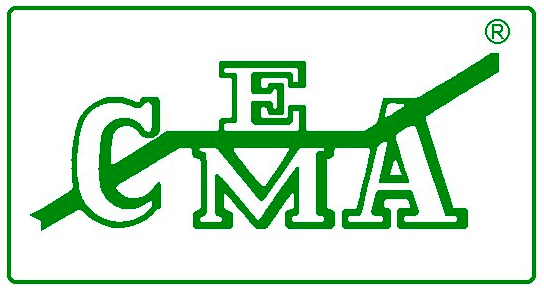 By the end of the year, the DSSK plant intends to form a package of orders and start working at full capacity,” says Airat Safin, Director General of Nizhnekamskneftekhim.
By the end of the year, the DSSK plant intends to form a package of orders and start working at full capacity,” says Airat Safin, Director General of Nizhnekamskneftekhim.
Nizhnekamskneftekhim created new industrial areas for the issue of DSSK. Their design and construction has been carried out since February 1, 2018, when the general director of the enterprise signed an order to create a structural unit "DSSK Production". In 2019, after receiving a positive opinion from the Glavgosexpertiza of Russia on the project documentation, the construction of buildings began. Since then, about 27 thousand cubic meters of structural concrete, about 7 thousand tons of metal structures have been assembled at the facility, 580 pieces of equipment have been installed, and more than 150 km of pipeline have been laid.
As a result, the production meets all international standards of industrial and environmental safety. The air emissions treatment plant used in the separation, degassing, drying, packaging and assembly shop of the DSSC prevents the ingress of pollutants into the atmosphere. The installation at high temperature oxidizes pollutants, which are converted into carbon dioxide and water. Thus, the degree of purification is at least 99%.
Prior to the commissioning of the DSSK production, Nizhnekamskneftekhim produced seven types of rubber. The company is the world's largest producer of synthetic isoprene rubber, the world's third largest supplier of butyl rubber. The product range includes 120 items. The leading position in the structure of export sales is occupied by synthetic rubbers. The company exports its products to more than 50 countries in Europe, America and Southeast Asia.
Nizhnekamskneftekhim today can definitely be called a "supermarket" of rubber. There are very few companies in the world that produce almost the entire line of rubbers. DSSK is the latest modern functionalized rubber of the 5th generation,” says Ruslan Shigabutdinov, Director General of TAIF JSC, Chairman of the Board of Directors of Nizhnekamskneftekhim PJSC. “We are a customer-oriented, global company that can offer the full range of components needed to produce the very best tires for all modes of transport and equipment,” he assures.